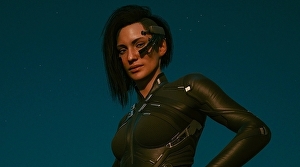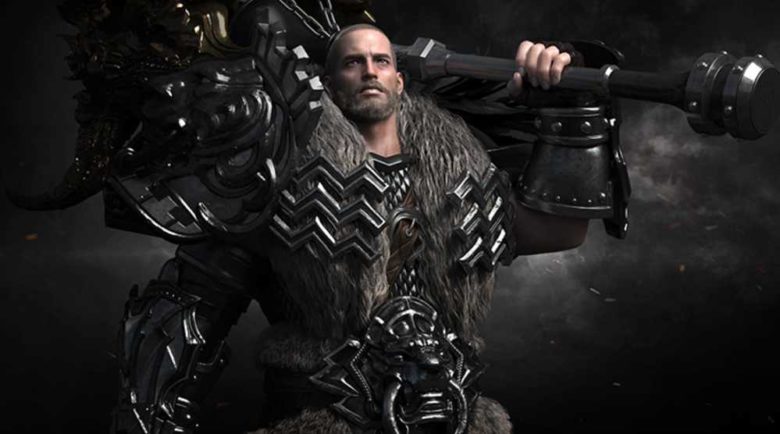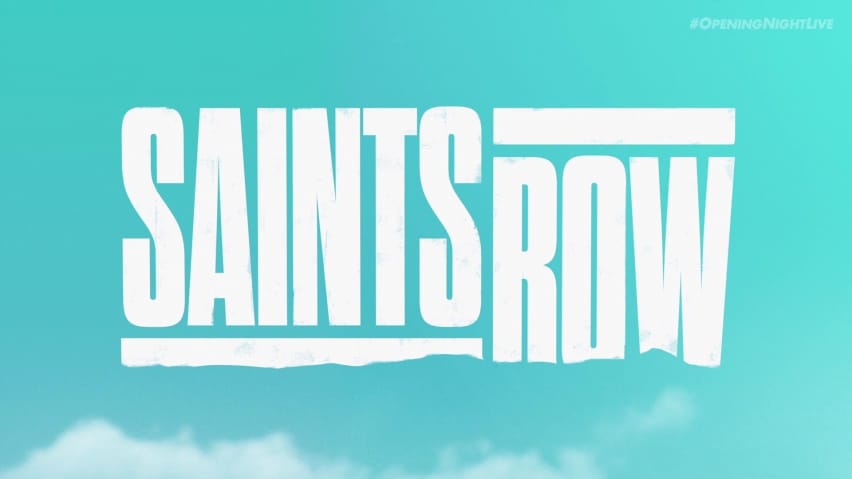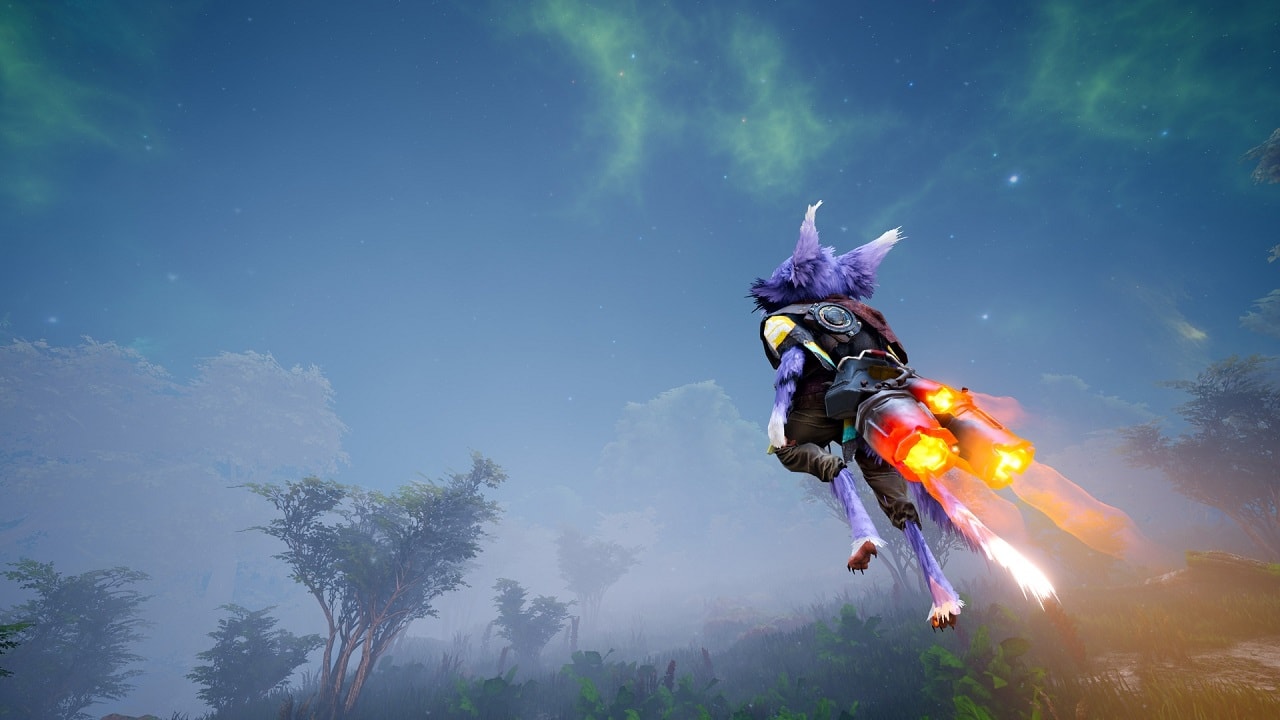It has been roughly 10 years since The Dark Knight Rises hit theatres, concluding Batman's epic journey in the iconic The Dark Knight trilogy. After the expansion of the MCU and DCEU universes, countless superhero films have been making their way to the big screens. And although many of them present thrilling stories involving these heroes either in their solo film or in crossovers, they still can't top what Christopher Nolan achieved in his depiction of Batman.
When Batman Begins was released in 2005, it changed the superhero film landscape. Not only did it revamp a character with a more grounded, darker, realistic portrayal, it proved that superhero films had a lot more to say than just being purely silly and for fun. There are a lot of emotional complexities to these characters that created a more engaging viewing experience that just wasn't present in past Batman and superhero films in general. Fans were left caring more about the man under the cape and cowl and the relationships he had with the ones closest to him. 2008's Oscar-winning The Dark Knight would continue the hot streak, leaving fans with an unforgettable sequel largely due to Heath Ledger's portrayal as the Joker, and 2012's The Dark Knight Rises wrapped the series up on a high note. Over 20 entries in the MCU, the majority of the films still don't compare to the riveting trilogy due to these crucial factors.
RELATED: How Christopher Nolan Convinced Michael Caine To Play Alfred In Batman
The Villians
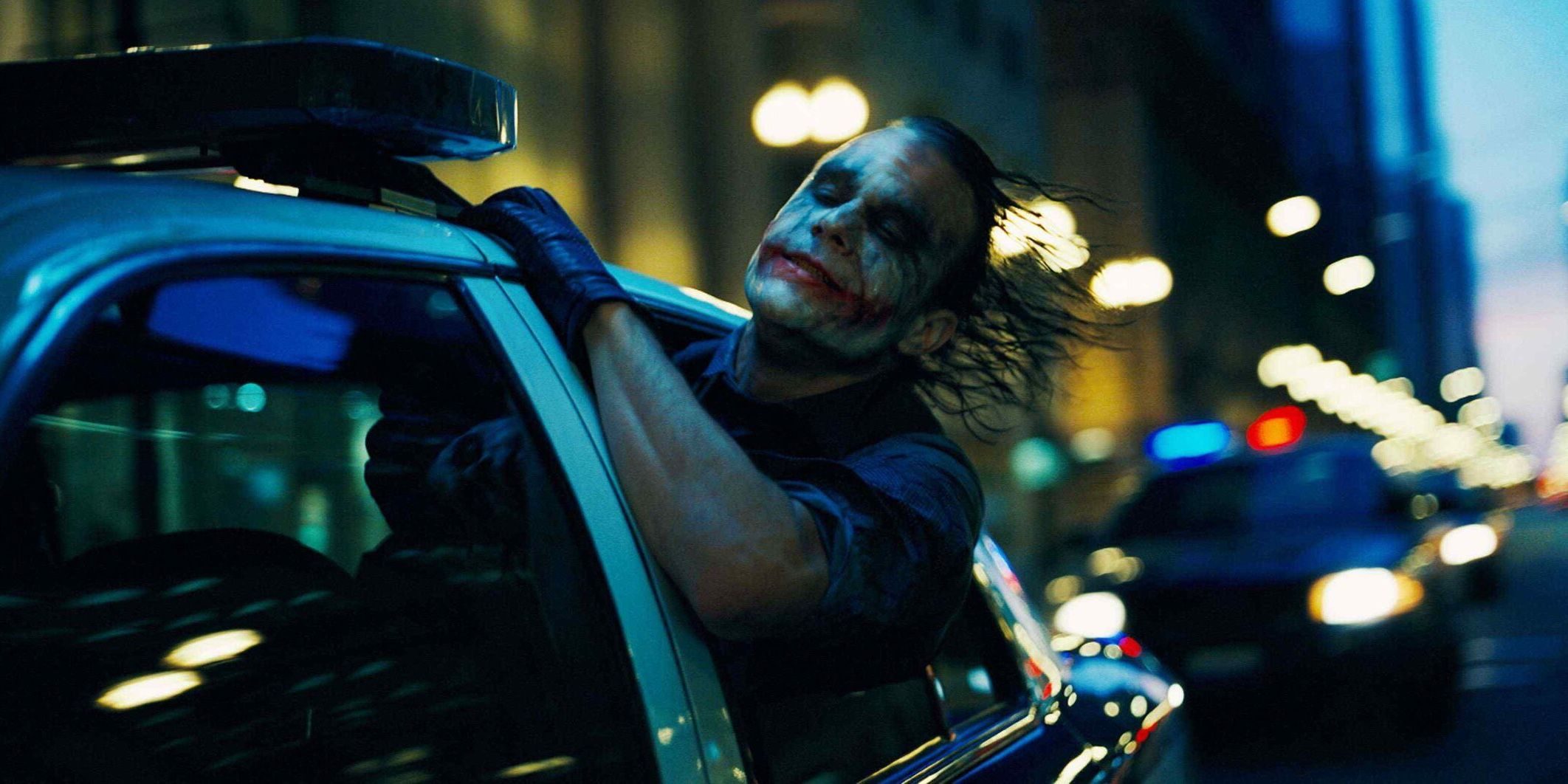
There's the saying that a film is only as good as its main antagonist. That rings especially true when looking at The Dark Knight trilogy and the MCU films. A problem with the MCU is not the heroes and their origin stories, but the villains in their film. Most of the villains in the MCU have been weak, disposable characters that only service the plot. They normally don't have anything super impactful to bring to the story other than for the hero to defeat them. And in a series with over 20 films, this trend has become too repetitive.
Without a worthy villain, the stakes don't feel as high and any tension that is supposed to be present is missing. What makes villains like Loki, Thanos and Killmonger stand out among the rest is that, as all great villains do, they challenge the protagonist, having them question the ethical reasoning behind their actions. Fans can understand where their characters are coming from and why their reasoning is the way it is. But those are only a few good villains out of the many forgettable ones.
In The Dark Knight trilogy, the villains are explored in much greater depth, sometimes more than even Batman's character. Whether it’s Liam Neeson's Ra's Al Ghul, Ledger's Joker, or Tom hardy's Bane, each villain is driven by some sort of philosophy. For instance, In The Dark Knight, the Joker is the ultimate antagonist for Batman, putting him in situations that test his morality and force him to make tough decisions. His manipulation and reasoning for what he does make Ledger's Joker such an unpredictable and interesting character, one that tackles larger themes of anarchy and morality and how certain circumstances can make someone give up everything they stand for. He outshines Bale's Batman and elevates the film to a whole other level.
A Contained, Grounded Story
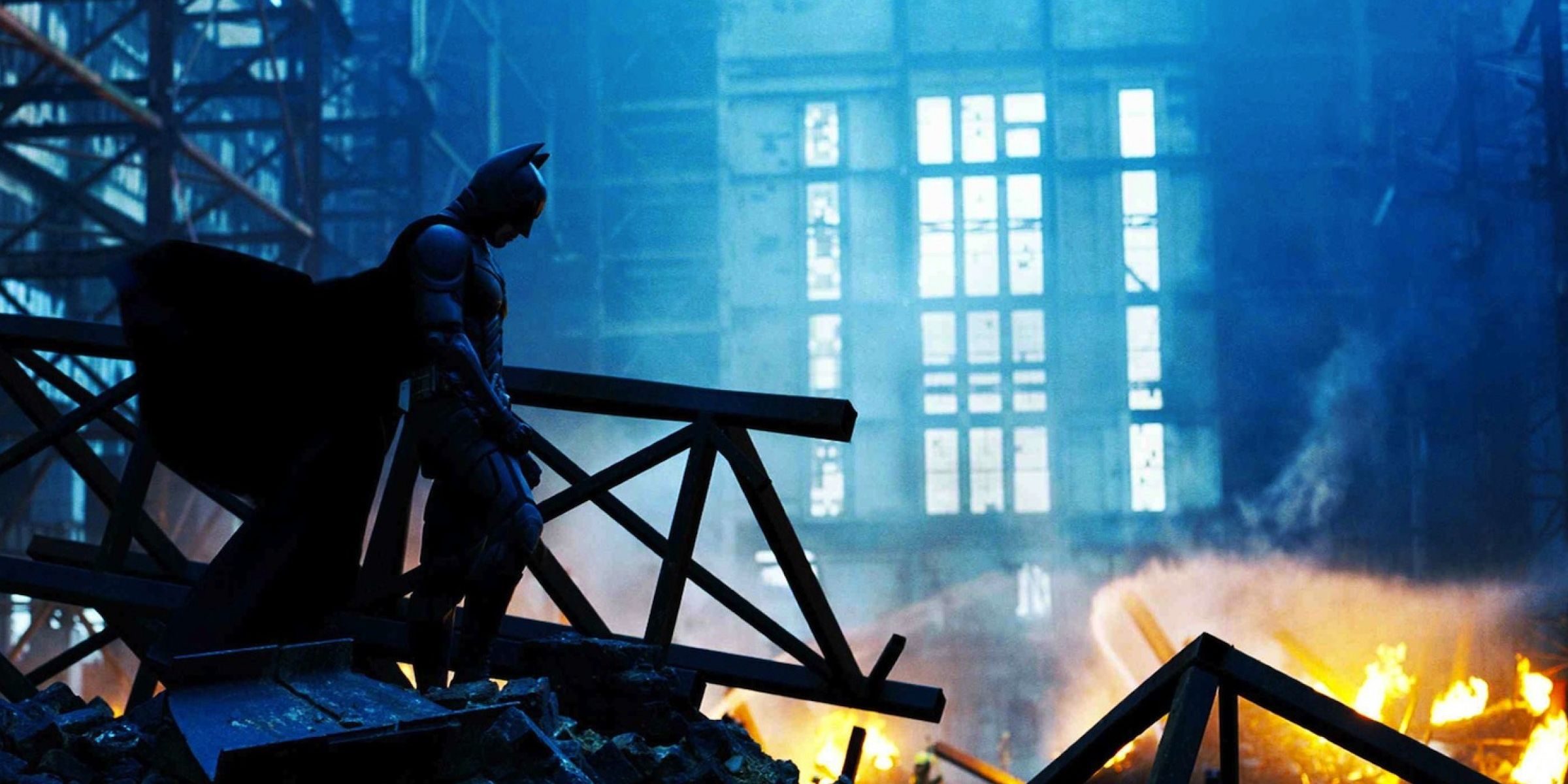
While it's exciting to see many superheroes interact through shared universes, it can also be detrimental to the storytelling aspect. The MCU and DCEU continue to expand and introduce many more sequels that will tie in new heroes, but it is starting to feel like these films are acting more like filler for upcoming projects, almost serving as television episodes rather than films. What strips any feeling of the suspense away is that fans are aware that these Marvel films are just setting up what's to come rather than telling a complete story. What The Dark Knight trilogy did so well is telling this story in a contained universe about one man's/hero's journey. It feels much more impactful and emotional as fans are taken on this journey with this character through many different points in his life rather than jumping from one hero to another. Through this, Bale's Wayne/Batman feels fleshed out, and having a clear beginning, middle, and end makes it that much more satisfying.
On top of that, the grounded, realistic interpretation of this universe allows for a deeper connection to what's playing out. Instead of CGI battles and destruction, Nolan and the entire cast really try to make most of The Dark Knight trilogy feel as if it could really happen in today's world. This unique style of storytelling makes the films become a more personal and relatable story. Nolan's focus on developing 3-dimensional characters and building off of their relationships with one another is a huge standout that makes The Dark Knight trilogy as lasting as it is.
MORE: Robert Pattinson Makes A Promise About His Role In The Batman
